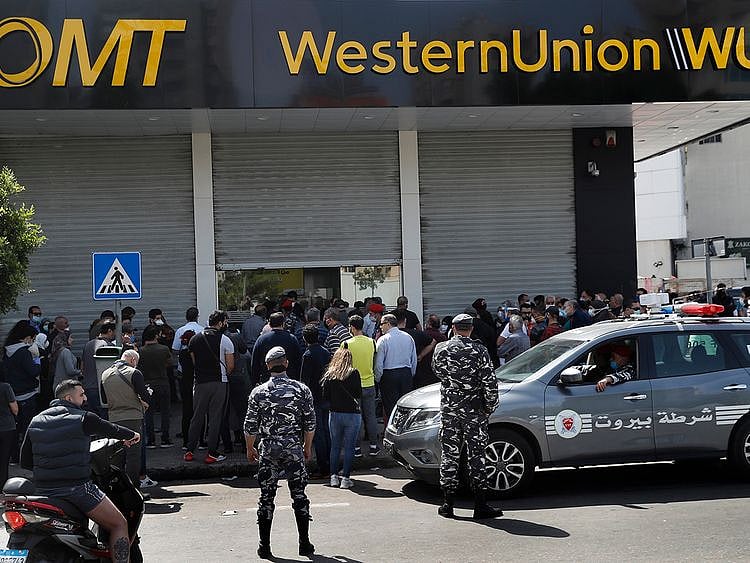Lebanon faces deep economic, social and financial crises, says Moody’s
The country’s institutions too weak to address these crises

Also In This Package
Dubai: Lebanon’s credit profile reflects deep economic, social and financial crises and the country has very weak institutions to address them, credit rating agency Moody’s said in its annual credit analysis of the country.
Main credit weaknesses include the challenging economic, social and financial environment; currency collapse in the parallel market and surging inflation that drive an unstable macroeconomic environment.
Also Read
Another milestone with the link now lifted at iconic One Za'abeel 100 Meters above ground levelPictures: Brazil's newest and largest bank noteFrom Sharjah Corniche to Al Majaz Water Front check out Sharjah neighbourhoods where rents have fallenJumeirah Living Marina Gate serviced residence opens in Dubai Marina All the cool, fun activities you’ve missed in the UAE in the last 6 monthsAnalysts said that without steps towards economic and fiscal reform, official external funding support to accompany debt restructuring will not be easily available; bondholder losses are likely to exceed 65 per cent.
“Lebanon’s C rating is the lowest on our rating scale, reflecting our expectation that losses incurred by bondholders will likely exceed 65 per cent,” says Elisa Parisi-Capone, Vice President - Senior Analyst at Moody’s Investors Service.
“The rating is unlikely to move from its current position before the restructuring, given the extent of the macroeconomic, financial and social challenges and our expectation of very significant losses.”
Sinking currency
The lack of depositors’ access to foreign currency deposits is reflected in a shift to local currency cash transactions and in the acute devaluation of the local currency in the parallel market by more than 80 per cent.
Moody’s notes that these dynamics are fueling significant import compression and contributing to a spike in inflation readings to more than 110 per cent on a year-over-year basis as of July from 6.7 per cent at the end of 2019.
The resulting erosion of consumers’ purchasing power and wealth levels, accompanied by investment contraction, is deepening the expected double-digit economic slump in 2020 and setting the stage for severe social disruptions.
“The counterpart to the decline in the external imbalance is the accompanying slump in the savings-investment balance in light of investment’s reliance on imports. The hollowing of the domestic production base at the expense of imports over the past two decades also prevents a swift reorientation toward an export-based economy to take advantage of regained external price competitiveness,” said Parisi-Capone .
Conditions for support
Lebanon’s credit profile benefits from the commitment for external funding support both from the International Monetary Fund (IMF) and the international donor community, conditional on the swift appointment of a new government and specific reform implementation.
These reforms will include making public finances and the banking system solvent again via a comprehensive debt restructuring; legislation to formalize capital controls and the elimination of the current multiple exchange rate system; and comprehensive audits of the central bank and state-owned enterprises.
Moody’s said that for Lebanon’s rating to rise from current levels, the key drivers of the country’s debt dynamics, such as economic growth, interest rates, privatization revenue and the ability to generate and sustain large primary surpluses, would need to evolve in a way that ensures future debt sustainability.
Sign up for the Daily Briefing
Get the latest news and updates straight to your inbox
Network Links
GN StoreDownload our app
© Al Nisr Publishing LLC 2025. All rights reserved.